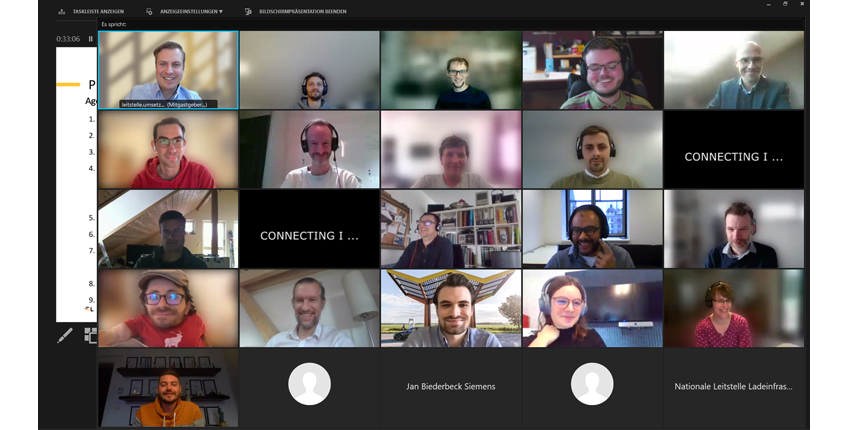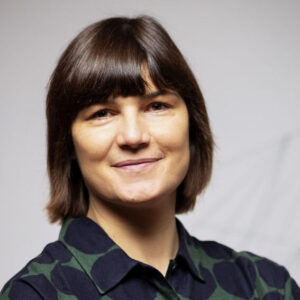National Centre for Charging Infrastructure and the Berlin-based association “Sozialhelden und -heldinnen” (Social Heroes) are forging ahead with barrier-free infrastructure for e-charging points.
Hundreds of thousands of new charging points for electric vehicles will be installed in municipalities, along motorways and in city neighbourhoods over the coming years. In order to be able to make this new infrastructure accessible to all people from the very beginning, the National Centre for Charging Infrastructure and the Berlin-based association “Sozialhelden und -heldinnen” (Social Heroes), which is committed to the cause of disability mainstreaming, have joined forces. After an initial consultation with charging station manufacturers and charging point operators (CPOs), the involvement of people with disabilities as experts in their own right as well as other associations has now begun. The goal is to define concrete requirements for barrier-free e-charging infrastructure.
Until now, accessibility has often played a subordinate role in the expansion of charging infrastructure. The result: Charging points that are sometimes inaccessible due to high kerbs, displays that are too high, lack of space for wheelchairs to get out and other barriers. So far, there are no concrete norms or standards for the implementation of barrier-free access, especially to charging facilities, in Germany. In the coming months, the National Centre for Charging Infrastructure will work with the support of the Social Heroes to develop criteria for this. With Compleo CS, Alpitronic and Siemens, companies that manufacture charging infrastructure are also sitting at the table, as well as Ionity, Fastned and EnBW mobility+ as CPOs.
“Social participation must be possible for everyone and does not end at the charging point,” says Sebastian Lahmann, Head of the Implementation Team at the National Centre for Charging Infrastructure. “With the ‘Accessible Charging Infrastructure’ (‘Barrierefreie Ladeinfrastruktur’) series of workshops, we are seeking to develop a common understanding of the requirements of people with disabilities for charging infrastructure and to discuss implementation options.”
Raul Krauthausen, Founder of Sozialhelden e.V. and activist: “E-mobility offers enormous opportunities – especially in connection with autonomous driving. Future mobility will make it possible for blind people or such as those with impaired vision, to drive. In order for everyone to benefit from this, we need barrier-free infrastructure. I also expect this cooperation to have an important signal effect for other areas, so that accessibility is finally considered from the outset and implemented as a matter of course.”
Contact:
About the National Centre for Charging Infrastructure
The National Centre for Charging Infrastructure coordinates and steers the activities to expand the charging infrastructure in Germany on behalf of the BMVI and under the umbrella of the federally owned NOW GmbH. It provides support in planning, implementing and funding charging infrastructure. Data is collected to gain a better understanding of the demand for charging points. It also networks all important players and shares its knowledge. All while keeping the users firmly in mind at all times.
About the Sozialheld*innen (Social Heroes)
The Social Heroes have been working on solutions for greater inclusion and accessibility for over 15 years. As experts in their fields, they launch political campaigns, develop apps and technologies and pass on their knowledge to companies and organisations, thus advancing disability mainstreaming. For this, they have been awarded the German Commitment Prize (Deutscher Engagementpreis), the German Citizen’s Award (Deutscher Bürgerpreis), the World Summit Award, the Smart Accessibility Award and the German Sustainability Award (Deutscher Nachhaltigkeitspreis), among others. More information about Sozialhelden e.V. can be found at: www.sozialhelden.de


